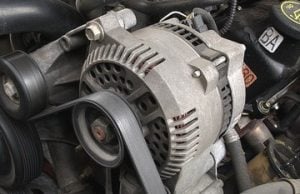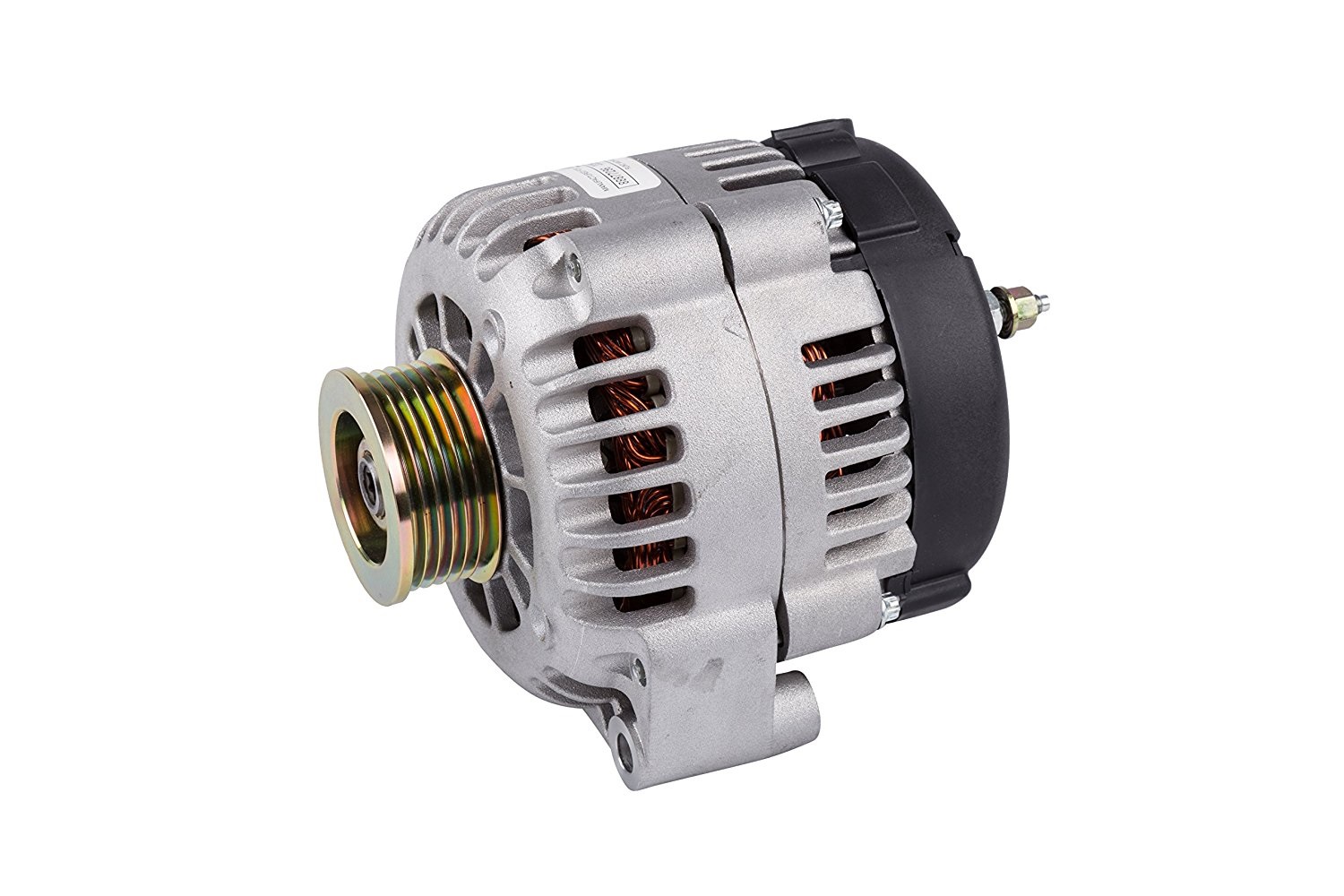Why’s the alternator such a big deal?

So you’re cruising down Te Rapa Road, maybe heading out to Rototuna, when your car suddenly starts playing up—dash lights flickering, maybe engine sounding a bit sour. Classic sign your alternator could be out to lunch. In plain terms, the alternator is what keeps the juice up for your battery and all your electrics. Doesn’t matter if you’re in a Toyota Aqua, Nissan Qashqai, or even a quirky Peugeot 308, the alternator keeps it all ticking over, especially with all the stop-start at the Hillcrest roundabout or dodging all those potholes out Morrinsville way.
If it packs up, the battery simply stops charging. Doesn’t take long before you’re stranded, maybe not even making it as far as the Base or past the fog rolling in on a cold Dinsdale morning.
Why won’t my alternator charge the battery?
- Knackered diodes – See, diodes convert power from AC to DC inside the alternator—bit technical, but basically, if they get fried (can happen after a short circuit or just heat), you lose charging power fast. Had a Suzuki Swift from Nawton in last week doing just this.
- Belt or pulley problems – There’s a drive belt that spins the alternator. Snap the belt or if the pulley gets mangled (more likely after driving over too many Frankton train lines), then the alternator’s just a paperweight. No charge for you.
- Dodgy clutch pulley – Some of those newer Euros like BMW 1-Series or Audi A3 have these clutch pulleys that can start making a racket if they fail. When they go, you might get reduced charge or nothing at all. Had a customer from Tamahere whose VW Golf did that—sounded like a bag of bolts in the washer.
- Wiring gremlins – Seen plenty of Mazda Demios and Hyundai I30s where it’s just a wire come loose or corroded. Bit of Hamilton humidity and things stop working.
- Bits worn inside – Bearings, rotors, stators—they all work hard. Those speed bumps on Victoria Street aren’t helping. Once something gives up, you’ll usually hear a grind or thump.
- Battery terminals crusty – Sometimes it’s as simple as some green gunge on the battery terminals. Easy fix with a quick clean, but if you leave it, the charge can’t get through and you’ll be out at Glenview Pak’nSave with a dead car.
How do I know if it’s the alternator?
- Battery keeps going flat – Your car might suddenly not start in the Countdown carpark, or just die a few minutes into driving through Chartwell. Might even cut out part-way, which is dodgy as, especially on a rainy night out toward Cambridge or in peak hour by the Hospital.
- Lights playing up – Flickering headlights or dash lights getting dim? Alternator might not be keeping up, especially in those foggy winter mornings through Ngaruawahia.
- Screechy noises – That ear-splitting squeal from under the bonnet when you rev up at the lights on Peachgrove Road—could just be a loose belt. Don’t let it go, though, as too tight or too loose causes real problems down the track.
- Grinding or rattling – If it sounds like there’s a bag of spanners loose under your hood, could be worn bearings inside the alternator. Easy enough for one of our techs to check—quick belt off, quick test, sorted.
- Battery light on the dash – Red battery light pops up while driving? That’s the car’s way of saying: sort it now, or it’ll leave you stranded.
Alternator checks and replacements in Hamilton
Having trouble with the battery not charging, or maybe you’re just getting weird electrical stuff going on in the car? Worth getting it checked before you’re the next person needing a jump-start in the Bunnings carpark.
At Grimmer Motors, we can do a proper check on your alternator and whole charging system. Often it’s just faster and makes more sense to replace the whole alternator rather than chasing one tiny broken bit, especially on some of those tricky hybrid models or the older classics still chugging around Cambridge or Raglan.
If it’s the battery that’s given up the ghost, we can fit you a new one too. Whether it’s WOF time or just a weird electrical issue, we sort it quick and get you back on the road. If you’re in or around Hamilton and need fast, friendly help and proper advice, give us a shout.

